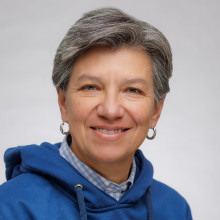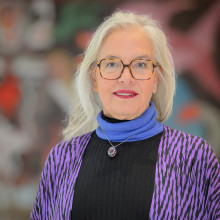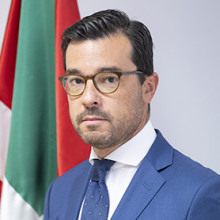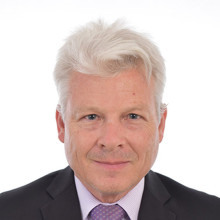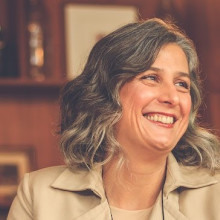
Laban Onserio
Moderator
What partnerships are needed to make global agendas work for local realities and ensure local solutions shape global agendas?
Cities need partnerships, and the world needs cities if global challenges are to be solved. In this dialogue, attendees will hear pathbreaking policymakers and practitioners from around the world discuss how to forge collaboration across scales and sectors to face global challenges and create inclusive innovation.
This session will explore the critical intersection of local action and global agendas in urban governance, focusing on partnerships, multilevel governance and the principle of leaving no one and no place behind as the foundations for localizing the Sustainable Development Goals (SDGs). Cities are central to achieving the SDGs, but without effective coordination between local and regional governments, over 100 SDGs will not be reached.
Against the backdrop of widening inequalities, increasing climate change impacts and conflicts disproportionately affecting marginalised communities, this dialogue will examine innovative models of collaboration that can enhance synergy across sectors and levels of governance. The dialogue will explore how to build partnerships that use local ideas to tackle global problems and how to implement global agendas at the local level across the world.
Through a keynote speech, two panel discussions and interactive moments, participants will engage in a dialogue that draws from their experience of successes and frustrations. It will be memorable to hear experienced decisionmakers from diverse policy areas, hailing from cities across the world, speak on these issues with firsthand knowledge. The dialogue will unpack the process of building collaboration between public institutions and local communities, among governance spheres, building bridges between private initiative and government and activating alliances across sectors.
Focusing on successful cases that have had a large impact, the dialogue will not shy away from speaking of the difficulties and challenges of fostering collective action while exploring the ways in which we are stronger together.
The session will provide tangible impact through dialogue that will enhance understanding, coherence and collaboration that fosters multi-level governance for SDG localization and a shared collaborative commitment to advancing sustainable development, propelling progress towards the UN 2030 Agenda.
[1] https://unstats.un.org/sdgs/report/2023/The-Sustainable-Development-Goals-Report-2023.pdf


